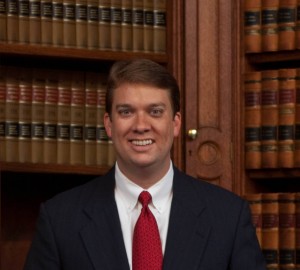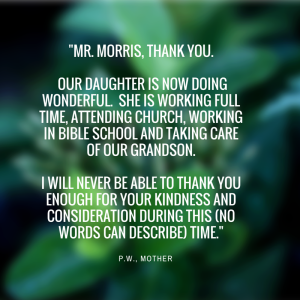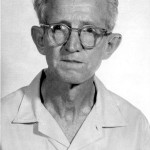Spring Break Ordinances for 2024
Panama City Beach, Florida, is a spring break destination like no other, offering sun-drenched beaches, thrilling water sports, vibrant nightlife, and family-friendly fun. Whether you’re seeking relaxation or adventure, you’ll find it all on the shores of this thriving Gulf Coast beach town. So pack your sunscreen, grab your friends or family, and get ready for an unforgettable spring break experience on Panama City Beach.
However, with all the fun that is surely to be had during spring break, there are many things you need to know about the spring break ordinances in effect on Panama City Beach. For clarification, the ordinances in effect during spring break are local laws passed by Panama City Beach City Council.
- The consumption or possession of alcohol is not allowed on the sandy beach during the month of March. According to Panama City Beach Ordinance 1353, “Sandy Gulf Beach” means all loose or uncompacted sandy areas, including sand dunes and vegetated areas, lying between the waters of the Gulf of Mexico and the seaward boundary of the seaward most public vehicular right of way.
- Alcohol sales are not permitted after 2 a.m. and until 7 a.m. According to Panama City Beach Ordinance 1347, this is another of the beach alcohol laws during Panama City Beach spring break.
- Loitering in parking lots or the shoulder of the roadway is strictly prohibited. The consumption of alcohol in parking lots and vehicles is not allowed. Panama City Beach spring break rules as they relate to parking lots, roadways, loitering and alcohol are found in Panama City Beach Ordinance 1348 and Panama City Beach Ordinance 1345-E.
In addition to the Panama City Beach Ordinances that are designed to be enforced during spring break on Panama City Beach, all laws are strictly enforced by our local law enforcement. Some of those include:
-
- Must be 21 years or older to drink or possess alcohol.
-
- Illegal drugs are prohibited.
-
- Loud music which disturbs the peace is prohibited. Music which can be heard by someone more than 25 feet away is illegal.
-
- Violence and fighting is strictly prohibited.
-
- Climbing, jumping from, or throwing things from balconies is not allowed.
-
- No metal shovels are allowed on the sandy beach, and digging holes deeper than two feet is prohibited. Any holes dug should be properly filled in for the safety of all.
As you plan your spring break getaway, it’s essential to prioritize safety and responsibility. Panama City Beach officials work tirelessly to ensure a safe and enjoyable experience for all visitors! They have put ordinances in place to promote responsible behavior and prevent underage drinking.
Talk to a Defense Lawyer Who’s Helped Students Just Like You
If you or your child faces charges related to underage drinking, alcohol on the sandy beaches, drugs, theft, fighting or any other offense in Panama City, the best thing to do is contact a Panama City criminal defense attorney. Do not hesitate to contact one of our attorneys at The Morris Law Firm. We will be happy to offer a free initial consultation over the phone or in person. We have helped many college students avoid the serious consequences of a criminal record. If you need a lawyer in Panama City or the surrounding areas, call our attorneys now, (850) 257-5680. Once hired we will be there for you throughout the entire process including filing the paperwork that will allow us to appear on your behalf at all your court dates. This will prevent the added trouble and expense of having to return to Panama City for each court date.








